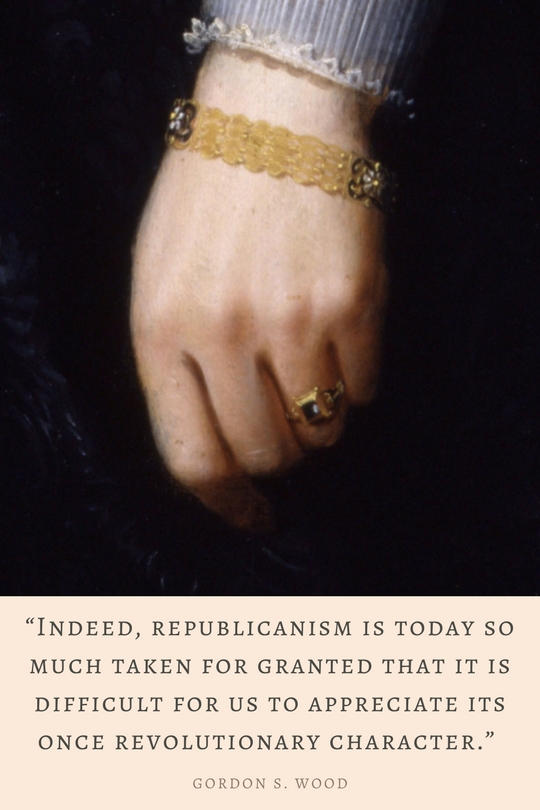Hecate and Diana in the Mysteries as Triune Genetrix and Savior
“Hekate . . . pleased with dark ghosts that wander through the shade . . . nightly seen.”—Orphic Hymn 1 to Hecate (trans. Taylor) (Greek hymns c. 3rd B.C.E to 2nd C.E.)
“The world’s key-bearer, never doomed to fail . . . unconquerable queen” (ibid). Mortals, carrying with them on the threshold, despair and despondence, fiends of the shade and of their own shade. But, she, Hekate/Hekatos (Apollo) is light, and a Saviour-Goddess.
Hecate, depicted as goddess of Death (lunar), is yet the giver of Life (divine). Hecate, the triple-headed — “Divine Mother,” MORNING STAR (Stella matutina) — QUEEN OF HEAVEN, the Immaculate Virgin Goddess, the MYSTERY. From whence comes the Immaculate Goddess? Conflated with Diana, she is called Diana Nemorensis, the Soteira (or Sospita) whose dignity stands above mortals and gods, having never been trammeled upon. She (Hecate, Queen of the World) is patron of Magic and the Mage, hence the source of Magic. She, the parthenogenetic creatrix, existing in overlaying threes (the TRIUNE Genetrix), gave birth to differentiation. The light of Man, twin of Apollo, Diana, HUNTRESS of All, they follow in facing the MYSTERIES of Life DIVINE and infernal DEATH, between day and night.
“The goddess received me with kindness, and, taking my right hand in hers, she addressed me with these words: Youth joined with drivers immortal, who hast come with the horses that bear thee, to our dwelling, hail! since no evil fate has bid thee come on this road (for it lies far outside the beaten track of men), but right and justice. ‘Tis necessary for thee to learn all things, both the abiding essence of persuasive truth, and men’s opinions in which rests no true belief. But nevertheless these things also thou shalt learn, since it is necessary to judge accurately the things that rest on opinion, passing all things carefully in review.”
— tr. Arthur Fairbanks, Parmenides, The First Philosophers of Greece, 1898, pg., 89.










